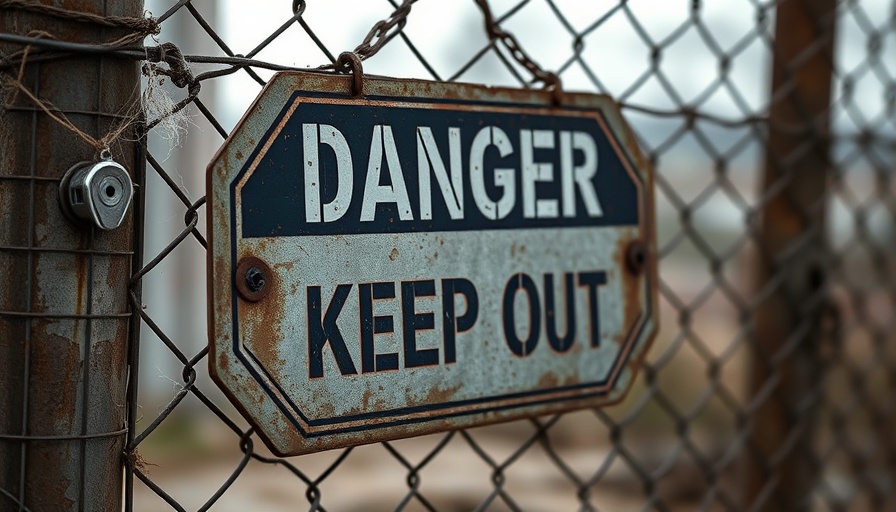
A Landmark Bill: Australian Senate Curtails Social Media for Under 16s
Australia has set an unprecedented blueprint for digital responsibility by approving a groundbreaking bill that bans social media usage for children under 16. As the first of its kind globally, the legislation represents a bold move to mitigate the mental and physical health impacts social media platforms have on young people.
Understanding the Motivation Behind the Ban
The Australian Prime Minister, Anthony Albanese, has articulated the bill as a response to the growing concerns among parents about the adverse effects social media has on their children. Emphasizing social responsibility, Albanese stated, "Platforms now have a social responsibility to ensure the safety of our kids is a priority for them." The perceived correlation between social media usage and declining mental health among youth drove the legislative decision.
Historical Context and Background
In the past decade, the proliferation of social media has reshaped how young people communicate, learn, and interact. However, this rapid evolution hasn't come without its challenges. Increased screen time and exposure to social networks have been linked to mental health issues, prompting countries worldwide to reconsider regulations. Australia's move signifies the first major legislative attempt to tackle these challenges head-on.
Future Predictions and Trends
As social media companies have one year to comply, industry experts predict a cascade of changes in how young audiences are targeted and verified online. Enhanced age verification systems could become standard practice, potentially leading to widespread implementation beyond Australia's borders. This shift might also pave the way for innovative technologies that strike a balance between privacy and security.
Counterarguments and Diverse Perspectives
Despite its potential benefits, the bill has sparked criticism and raised several questions. Critics, including social media giants Meta and Google, have highlighted the potential for regulatory overreach and the risk of privacy issues with new age-verification systems. Cultural commentator Elon Musk also expressed concerns about governmental control over internet access, reflecting broader worries about digital surveillance and the rights of young Australians online.
The Debate: Company Responsibility vs. Parental Control
One of the most contentious elements of the bill is the responsibility it places on social media companies rather than empowering parental controls. This has prompted discussions about whether such measures effectively address the root of the issue or if a softer approach involving parental oversight would be preferable. Some experts argue for education and advocacy over legislation as more sustainable solutions in the digital age.
6 Views
0 Comments
 Add Row
Add Row  Add
Add 




Write A Comment